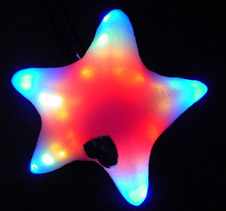 Are chiropractic treatments effective for gastrointestinal disorders?
Are chiropractic treatments effective for gastrointestinal disorders?
Prof. Ernst has reviewed the evidence. Continue reading Review: Chiropractic for gastrointestinal problems
 Are chiropractic treatments effective for gastrointestinal disorders?
Are chiropractic treatments effective for gastrointestinal disorders?
Prof. Ernst has reviewed the evidence. Continue reading Review: Chiropractic for gastrointestinal problems
![]()  Researchers from the University Hospital, in Tübingen, Germany, reviewed the evidence. Continue reading Biofeedback: Constipation and fecal incontinence
 Researchers from the University Hospital, in Tübingen, Germany, reviewed the evidence. Continue reading Biofeedback: Constipation and fecal incontinence
 A review of the literature by researchers from the University of Verona in Italy reveals that in the right patient, “For both incontinence and dyssynergic defecation, the benefits of biofeedback last at least 12 months.”
A review of the literature by researchers from the University of Verona in Italy reveals that in the right patient, “For both incontinence and dyssynergic defecation, the benefits of biofeedback last at least 12 months.”
Dyssynergic defecation is one of the most common forms of functional constipation both in children and adults. Continue reading Biofeedback and gastrointestinal illness
 Earlier posts here, here, and here, discussed biofeedback and constipation. Here’s a study in people with incontinence where more than 70% demonstrated improvement.
Earlier posts here, here, and here, discussed biofeedback and constipation. Here’s a study in people with incontinence where more than 70% demonstrated improvement.
The researchers start by telling us “biofeedback is well established as a treatment for fecal incontinence.” This study assessed short-term outcomes and predictors of treatment success.”
First the details.
And the results.
Treatment success was more likely in women, older people, and people with more severe incontinence.
5/5/07 15:57 JR